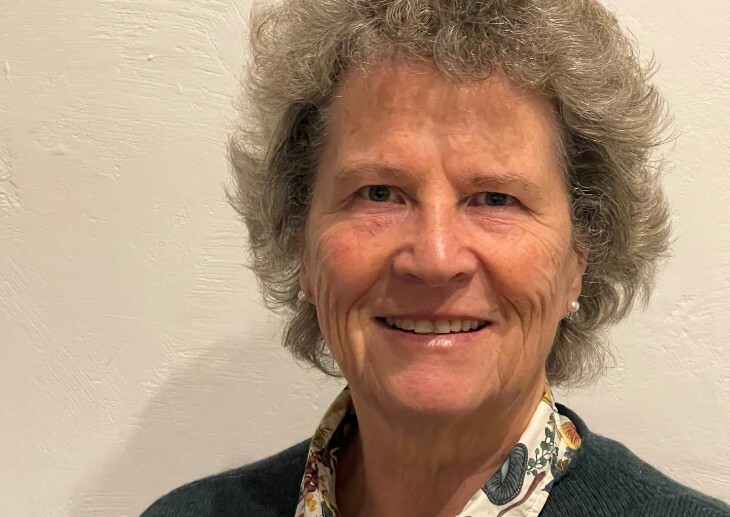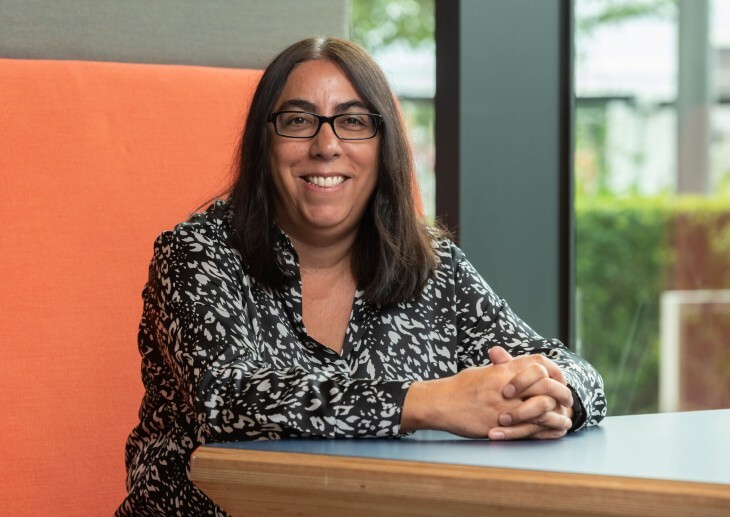Oliver McGowan was a bright, loving and energetic young man, supported by a loving family with lots of friends and interests. His death highlighted the continued and significant challenges of people with a learning disability and autistic people have in society and interacting with health services. Paula and Tom McGowan, despite their grief and trauma, have worked with the NHS and many other public bodies and services to improve outcomes and drive change through education and training. Oliver’s story is sadly not an isolated case and, we in the NHS have a mission to achieve sustained change in awareness and outcomes.
The recent launch of the Oliver McGowan Code of Practice marks a critical milestone in our journey toward truly inclusive healthcare for people with a learning disability and autistic people. We must both celebrate this significant achievement and acknowledge the substantial work that remains to be done across the NHS.
We know that people with a learning disability and autistic people, on average, die earlier than the general population, continue to experience much poorer health outcomes and face significant disparities in the quality of care they receive. This is unacceptable. Under the Health and Care Act 2022, since 1 July 2022, Care Quality Commission (CQC)-registered providers must make sure their staff receive specific training on learning disability and autism appropriate to their role. Making this training a legal requirement is an important step in addressing these persistent and unacceptable inequalities.
The Oliver McGowan Code of Practice, now laid in Parliament, sets out clearly how providers can meet this statutory training requirement, giving it significant weight in driving systemic change.
We are immensely proud that The Oliver McGowan Mandatory Training on Learning Disability and Autism has informed the Oliver McGowan Code of Practice and continues to be the Government’s preferred and recommended package to support organisations in meeting this legislative requirement.
Over 3 million people have already completed an online e-learning course which is the first part of Oliver’s Training. Perhaps even more impressive is that we continue to build the trainer capacity to deliver the vital interactive elements of Oliver’s Training. There are over 2,700 trainers now trained to deliver either a one-day face-to-face training course or one-hour webinar, which is the second part of Oliver’s Training, across the England.
This represents an incredible achievement in creating sustainable training infrastructure for any CQC-registered service to access, including social care services. This has been no easy task and may be one of the largest rollout training programme across the health and care sector. However, high-quality training is essential for the delivery of safe and effective care. Increasing NHS staff awareness and understanding of learning disability and autism is key to removing barriers to care and ensuring well-targeted support can be provided. With appropriate early support, late cancer diagnoses, admissions to A&E and long stays in mental health hospitals could potentially be avoided.
Since the introduction of Oliver’s Training, we know that systems have faced challenges in rolling it out. We appreciate how difficult it has been to deliver training at a time when the NHS is experiencing considerable challenge. We know that it has sometimes been difficult to recruit enough co-trainers to be able to train such a large number of staff across health and social care, but there have been many examples of outstanding innovative practice and solutions. The new code provides clear guidance and expectations needed to address the significant health inequalities that continue to be experienced by people with a learning disability and autistic people.
The feedback from healthcare professionals who have completed the training has been nothing short of transformative. As one GP from London wrote to us: ‘I was completely blown away… The training was fantastic, and I think it is wonderful that most of the learning gave a voice to autistic people and people with a learning disability. We absolutely need to learn from them.’
Similar stories are emerging across the NHS, demonstrating how increased understanding directly translates to better care. A midwife described the training as ‘eye-opening’, while a women’s health doctor noted: ‘I wouldn’t have considered myself in need of the training, but I have definitely now been able to pause and reflect on how I can improve my approach.’
We know that involving people with lived experience has been crucial to the development and delivery of Oliver’s Training. It is only through co-production that we can be confident we are delivering training that truly reflects the needs, wishes and aspirations of autistic people and people with a learning disability.
Our Oliver McGowan trainers bring an authenticity and impact that cannot be replicated. Their ability to share personal experiences creates lasting impressions on NHS professionals that textbook learning simply cannot achieve. Not only does Oliver’s Training provide much-needed employment opportunities for co-trainers, but it is also a huge chance for employers to truly commit to equality in the workplace. Many co-trainers have told us they are now flourishing at work with simple reasonable adjustments thanks to their employers.
A co-trainer said: ‘I feel privileged to work alongside the Oliver McGowan team, I have enjoyed working alongside like-minded people, sharing experiences and help make a difference and change attitudes and practices. I am proud at what everyone has achieved.’
One NHS radiographer recently shared: ‘Today I was working on the emergency A&E CT scanner and had the absolute pleasure of imaging an autistic lady… I felt completely comfortable with my ability to meet the personalised needs of this wonderful patient… I have never before felt so able to meet a patient’s requirements.’
The government has made its expectations clear: everyone in our health service should receive this vital training, not just clinicians but also receptionists, porters, administrators, so that they can all share a common understanding of the needs of people with a learning disability and autistic people. This is not optional or aspirational—it is essential.
The Oliver McGowan Code of Practice strengthens our national work to upskill healthcare staff to provide better healthcare outcomes for patients with autism or a learning disability. Oliver’s Training is a foundation for all health and care staff and we have worked on complementing this with initiatives including the foundation and enhanced autism training for psychiatrists, programmes to stop the over-medication of people with learning disability and autistic people, and a Reasonable Adjustment Digital Flag to enable health and care workers to record, share and view details of reasonable adjustments, across the NHS and social care, wherever the person is seen or treated.
The onus is now on all services to actively work to ensure that Oliver’s Training is cascaded across their staff groups. While the CQC is responsible for checking that staff in CQC-registered services are having the required learning disability and autism training, our commitment in the NHS must go further. We must advocate for implementation across our partner organisations, challenge practices that fall short of the standards and constantly strive to improve our knowledge and skills.
The launch of this code is not the end of our journey, but rather a significant waypoint that helps clarify the path forward. The true measure of its success will not be in its publication, but in the tangible improvements in care experiences and outcomes for people with a learning disability and autistic people.
Every member of NHS staff who completes Oliver’s Training becomes part of Oliver McGowan’s powerful legacy. As one newly qualified nurse wrote: “Oliver’s story is utterly heartbreaking, but this training will change the way I work.”
Oliver’s legacy deserves nothing less than our complete commitment to making these changes real. Let us honour that legacy through decisive action, continuous learning and an unwavering dedication to truly inclusive healthcare for all.
As another NHS worker summed it up perfectly: ‘Oliver did not die in vain.’ Now, it is up to all of us to come together, learn and work together, to prevent further avoidable deaths like Oliver’s from happening again.






